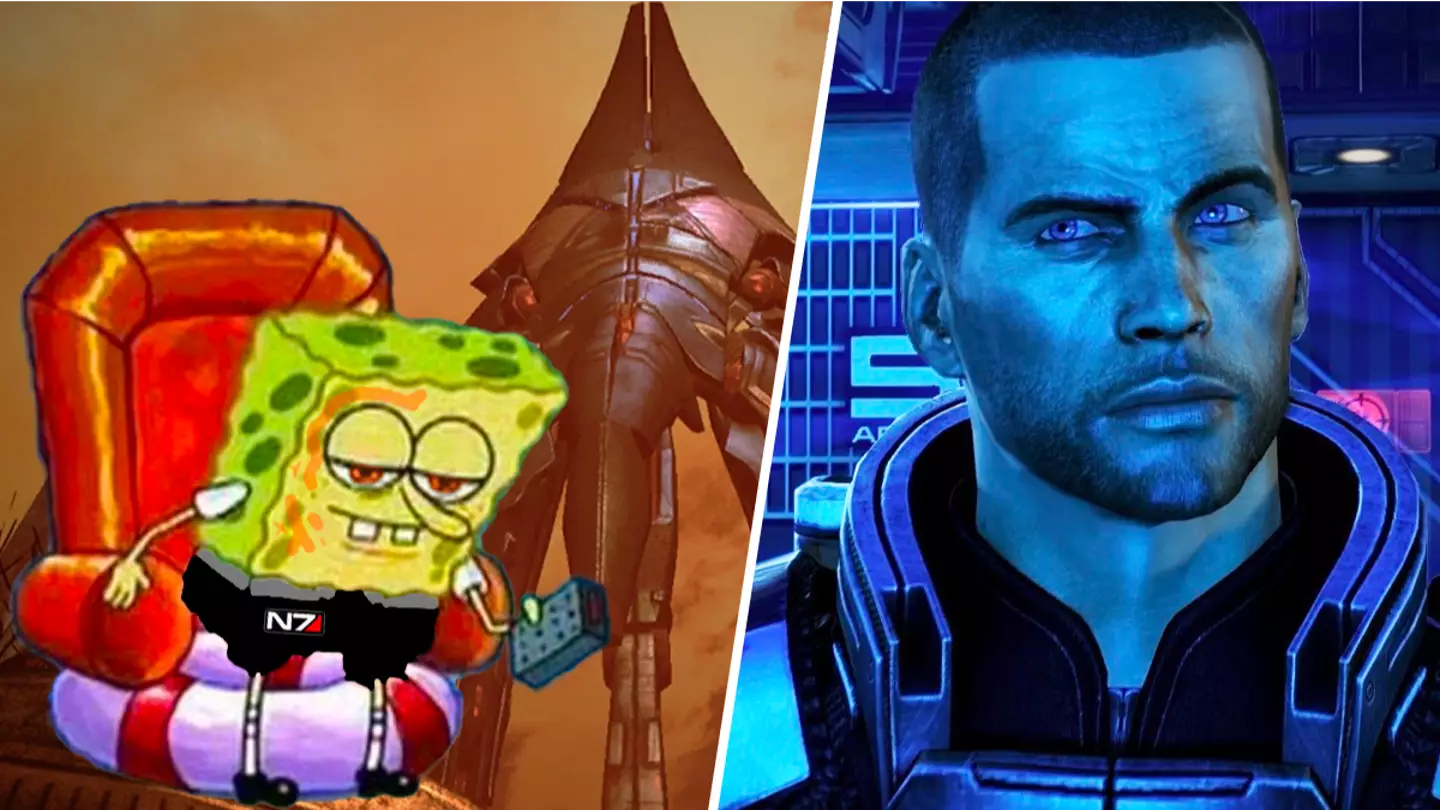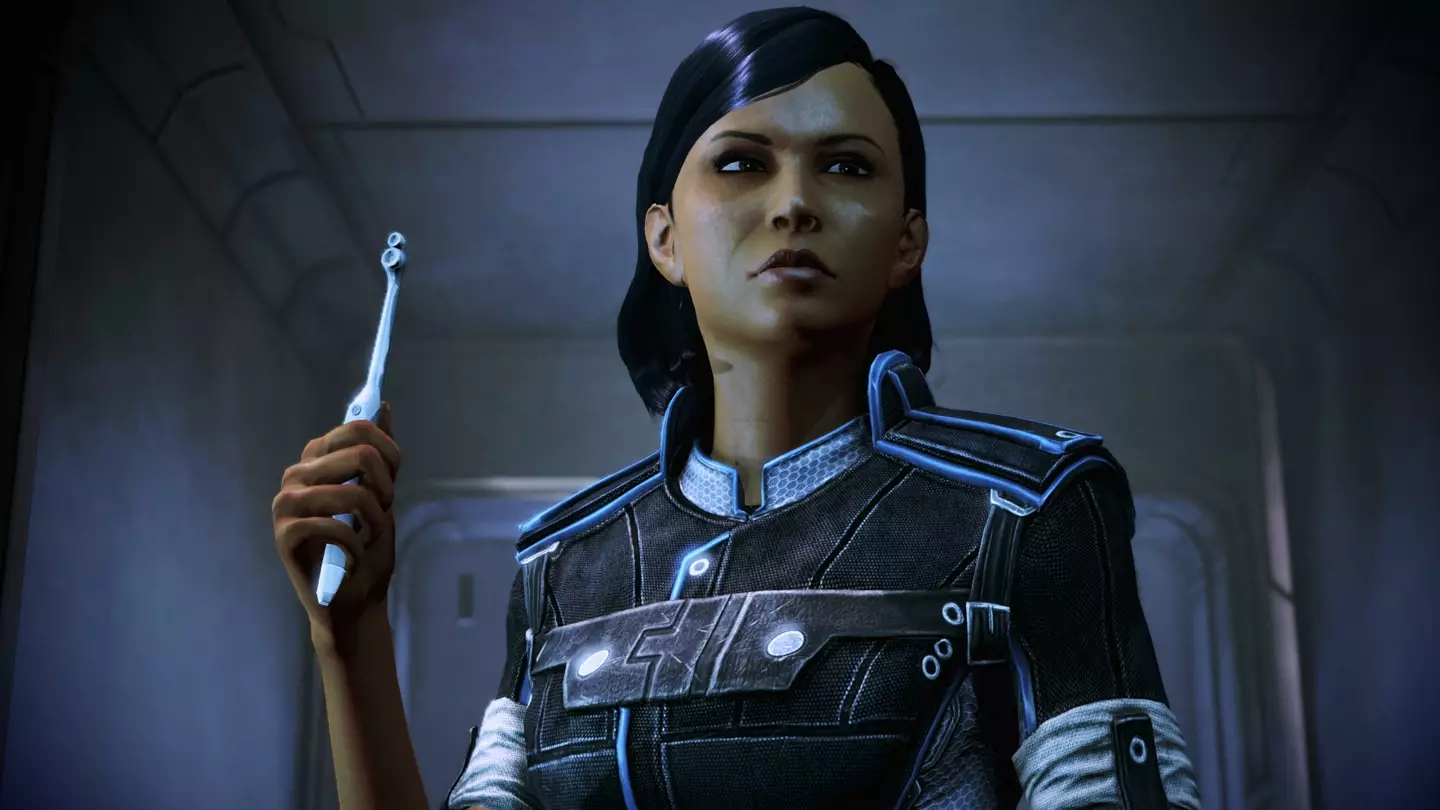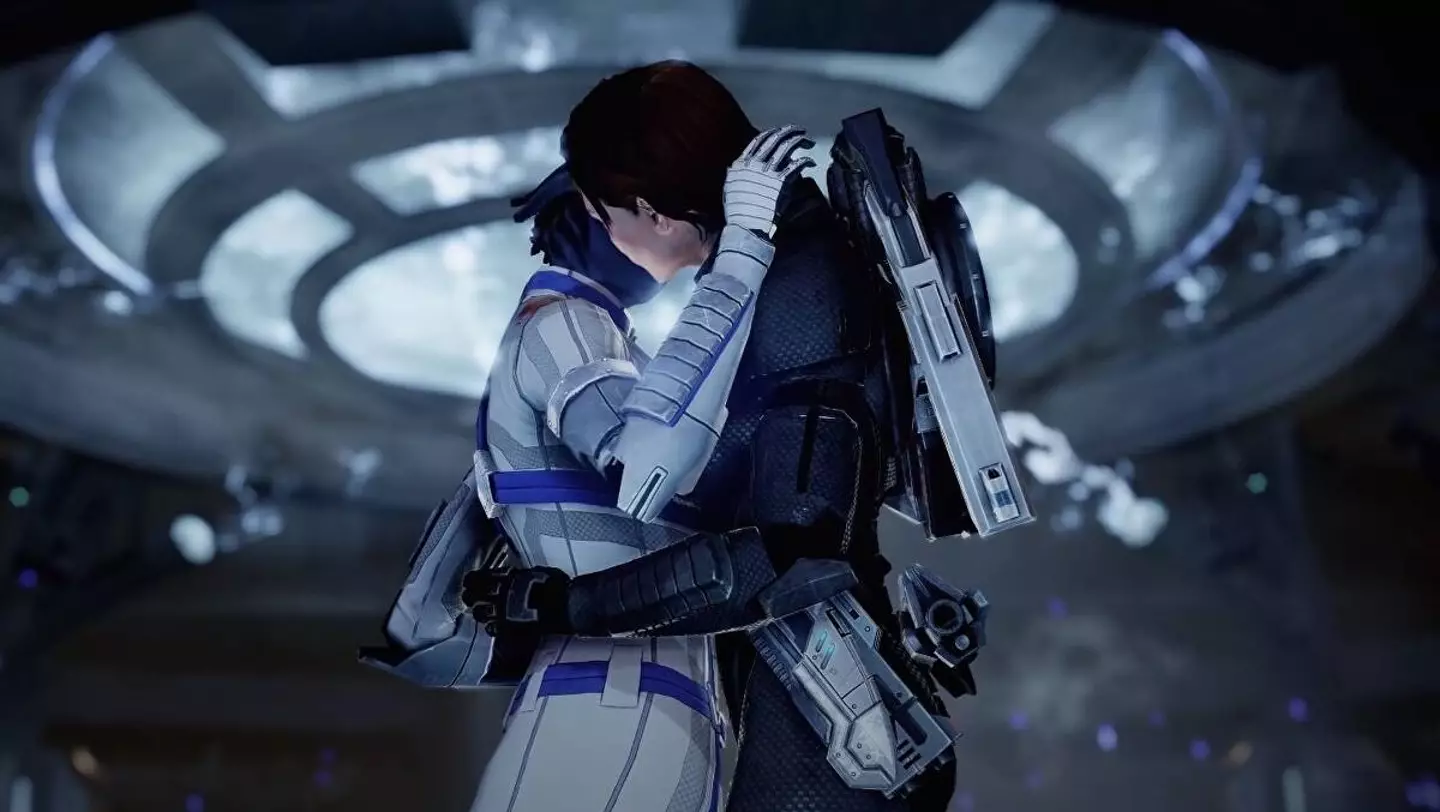
I was fascinated by Mass Effect when I was younger. For me, this series of games was one of the first instances where I saw a woman in charge. A woman in charge who could be diplomatic, volatile, irresistible and remembered depending on how the player chose to solve different quandaries in this grand threat to the galaxy. Combine that with a curiosity for sci-fi and the RPG’s flimsy excuse to put magical powers in the game, and I was there.
Starry-eyed, I soon found this facade shattered. As noble as her cause appeared, it transpired that she had no clue how to excuse herself from a conversation. We’ve all been there, but we’ve not been there every single time. And we’ve not been a representative for our entire species on the political and martial stages of the Milky Way and not known how to amicably say our goodbyes. Imaginably arising from the immense volume of scriptwriting required in the sprawling trilogy, Shepard departs with a sharp, “I should go.”
Take a look at the trailer for Mass Effect 5 here!
Inside Mass Effect there are two Voluses. One is heartbreaking and fraught and nerve-shredding and your choices come back to bite you or reinstate a much more hopeful future. The other half is gawky grooving, alien sex advice and socking journalists in the jaw. “I should go,” though, is nothing short of iconic.
Advert
As a player, you’re thrust into the world of Mass Effect and you learn quickly. Obviously, you are able to follow only the most prescient line of questioning in conversations, propelling the plot at a rate of knots. But I think the standard Mass Effect player isn’t one to cruise through conversations with interesting humans and aliens about political systems, cultural practices, planetary histories and geographies.

Shepard might be up to her earlobes in Elcor lore, squadmates standing dutifully as each minute spent in this alien’s company crawls past, and this sort of conversation might be the highlight of Ambassador Xeltan’s week. Then Shepard peaces out, abandoning her conversation like they forgot they have to iron their bicycle.
As odd as it is, you can’t not commend the writers. Without the Commander’s cringiness, they likely would have been relegated to the beige bevvy of video game protagonists between the years of 2000 and 2012. You know the ones. Expectedly, the praise is deserved for BioWare’s control over the myriad of choices that the player is offered over the course of the three games, the characterisation of the companions, and the level of detail that went into thinking up each of the alien species.

It is the superb sprinkling of humour in this space opera that guaranteed the Mass Effect games still gain fans today. As much as Mass Effect wrung our hearts out like a wet dishcloth at the end, it wasn’t damned. In fact, the Citadel DLC is proof enough that the games were always meant to be that wholesome contrast between the battle between organic life and the Reapers and the indomitable nature of those soldiers’ spirits.
Advert
When I was first introduced to Shepard, I thought she could do anything, be anything. It’s still true — I mean no one in their right mind would wind someone with military-grade biotic implants up. The reason why she and her crew have stayed so dear to me was the ability to laugh at themselves, even in the thick of it. “I should go” is just that cherry on the cake.
Featured Image Credit: Electronic Arts, NickelodeonTopics: Mass Effect